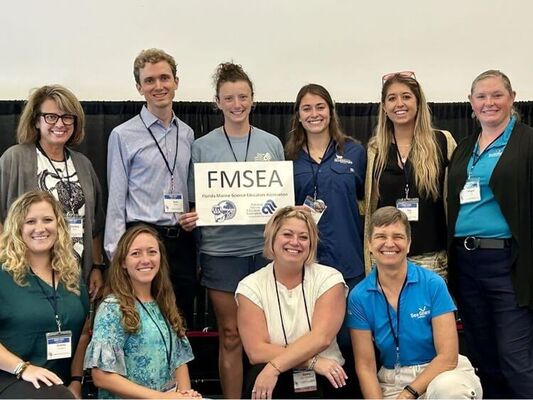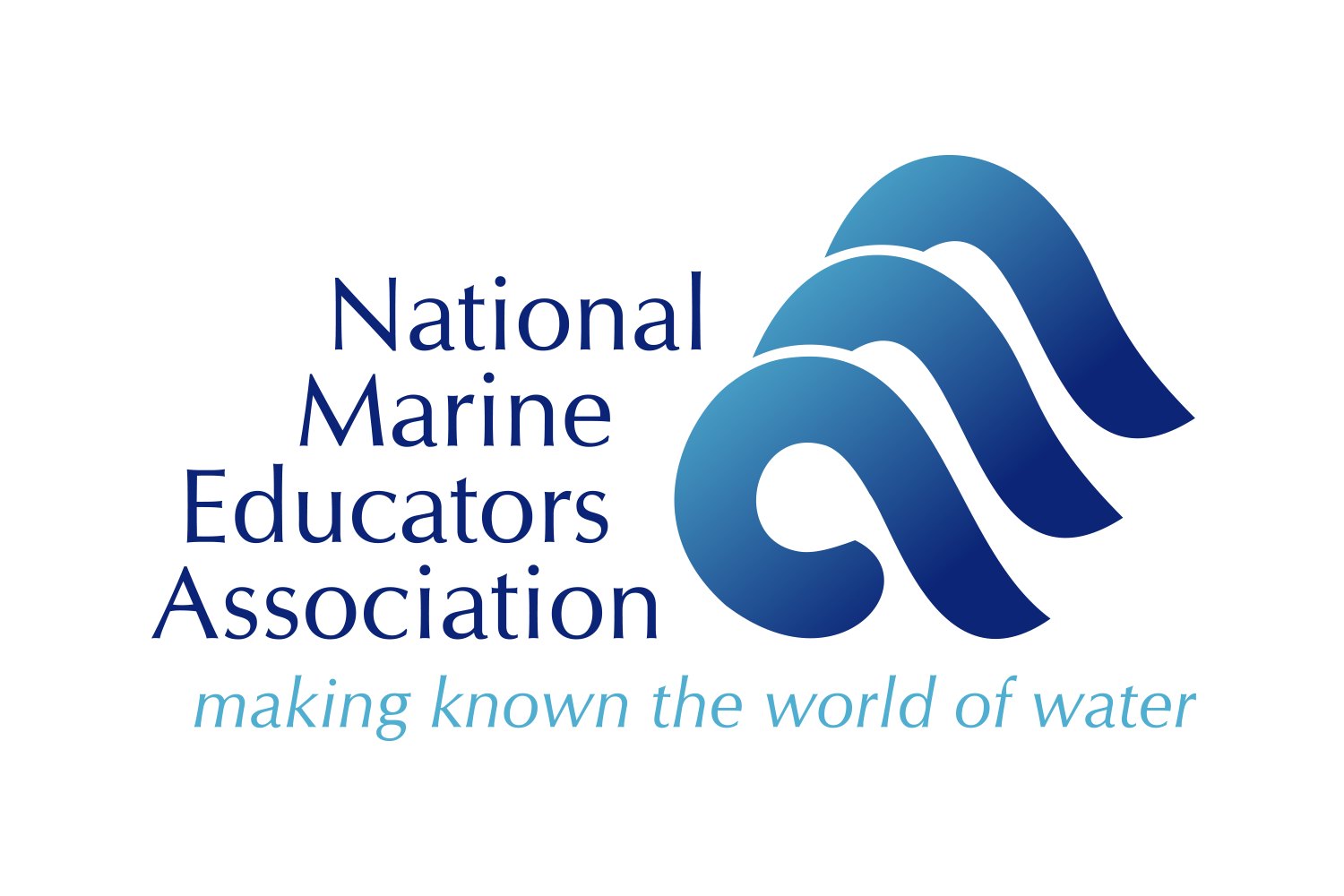National Marine Educators Association Annual Conference
Boston, Massachusetts
July 27 - August 2, 2024
Overview
From July 27th to August 2nd, 2024, The International SeaKeepers Society’s Education Manager, Toni Lohroff, attended the National Marine Educators Association (NMEA) 2024 Annual Conference in Boston, Massachusetts at Boston University. NMEA is a dedicated, influential member-based organization of classroom teachers, informal educators, university professors, scientists, and more from around the world working together to advance the understanding and protection of our freshwater and marine ecosystems. From scientists working in the deep sea to students studying underwater archeology in the Great Lakes, NMEA members are dedicated to making known the world of water, both fresh and salt. This was SeaKeepers’ first year being present at the annual conference, where more than 300 scientists, students, and educators from around the world gathered to share ideas for advancing marine education.
Some highlights from the week:
The first official day of the conference opened with an engaging keynote presentation from Woods Hole Oceanographic Institution biologist Dr. Timothy Shank on his work in deep ocean exploration using remotely operated vehicles (ROVs) to identify new deep sea ecosystems and the creatures that, against all odds, call them home. Following our keynote presentation, day one was filled with informational sessions from fellow educators on topics including ocean literacy education standards, using climate data to create meaningful lesson plans, using tall ships as platforms for education, and making long-term lessons using drifter buoy data. Our team was also lucky to meet up with some of the students and young professionals present at the workshop as well as network with countless organizations through exhibitor row. We wrapped up the first day of the conference with an evening reception at the New England Aquarium, where conference attendees had exclusive access to the exhibits after-hours.
Day two was packed with more learning and networking opportunities at Boston University, starting with a keynote talk from Dr. Letise LeFair, Chief of Conservation and Stewardship for the New England Aquarium, who focused on illustrating how aquariums and other nature centers serve as vital satellite locations for land-locked citizens to have access to learn about the value of the ocean. Day two’s informational sessions attended by the SeaKeepers team covered topics like defining the objectives of watershed education, increasing engagement in first-year university students, utilizing indigenous knowledge to improve environmental education, and creating engaging activities for students of all ages using research data, marine debris, and even regular household items. The day concluded with the annual NMEA banquet and auction to raise money for the scholarship fund to support educators attending next year’s conference. In total, donations from participating members and NMEA chapters collected over $5,000 to support next year’s conference participants!
The third day of the conference opened with a fascinating keynote presentation from Terry Wolkowicz, Education Director for the New Bedford Symphony Orchestra and founder of the non-profit Sound Explorations, an organization that combines the worlds of music and science to make scientific discovery accessible to all. Terry’s presentation was a fantastic display of how marine biology data, like the movements of tagged cetaceans, can be translated into both tactile and audiological information to help people with reduced sensory abilities better understand how this information is collected and interpreted. Following the keynote, featured sessions included information on harmful algal blooms (HABs), connecting art and marine conservation education, and creating unconventional partnerships to bolster existing education programs. The day concluded with the annual NMEA member meeting where annual awards were presented and upcoming organization business topics, including the introduction of new board members, were discussed.
The final day of the NMEA annual conference was characterized by various field trips around the Boston area. For SeaKeepers, this was a trip to Waquoit Bay National Estuarine Research Reserve (WBNERR) and Woods Hole Oceanographic Institution (WHOI). WBNERR is located on the south shore of Cape Cod, Massachusetts and contains open waters, salt and fresh marshes, barrier beaches, sand dunes, rivers, mixed pine and oak forests, and sandplain grasslands. Waquoit Bay, approximately 825 acres, is the dominant water feature and once supported one of the most diverse estuarine fish communities in the state. Educators at WBNERR showed participants aspects of their environmental programming including regenerative oyster aquaculture and osprey observation activities for students and citizen scientists. WHOI is the world's premier independent organization dedicated exclusively to ocean research, technology, and education. They combine state-of-the-art science, engineering, and ship operations to unravel the mysteries of the deep and devise science-based solutions to planet-wide problems. As a part of the field trip, participants got to explore the Deep Submergence Laboratory (DSL) that engineers ROVs used by WHOI researchers and partner organizations that explore the deep ocean, as well as the village of Woods Hole that contains the Marine Biological Laboratory, Discovery Center, and Woods Hole Aquarium.
By attending events like NMEA’s annual educator conference, our education department is able to stay in touch with current national and international marine science education strategies, challenges, and partnerships. In doing so, we hope to maximize our collective impact in marine conservation education and outreach for students and educators locally, but also globally. We are proud members of the National Marine Educators Association and we look forward to attending next year’s conference!



You must be logged in to post a comment.